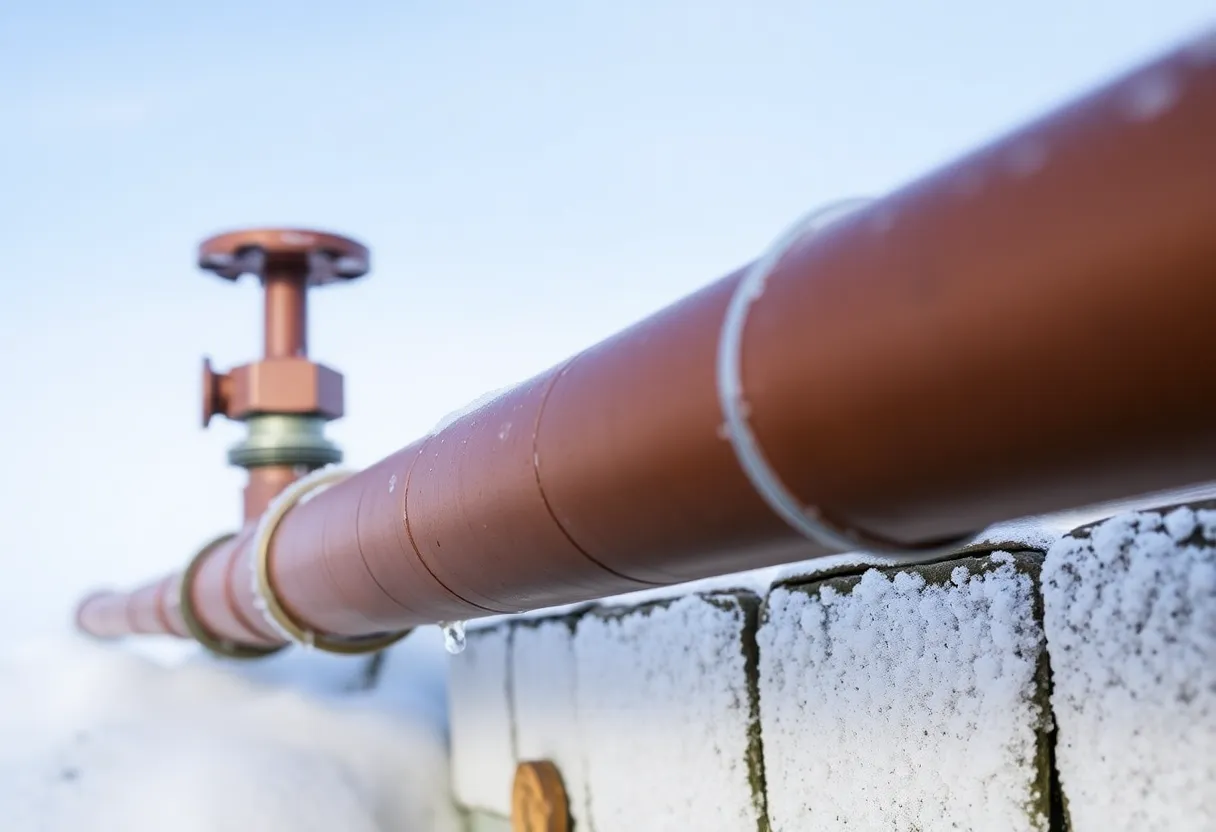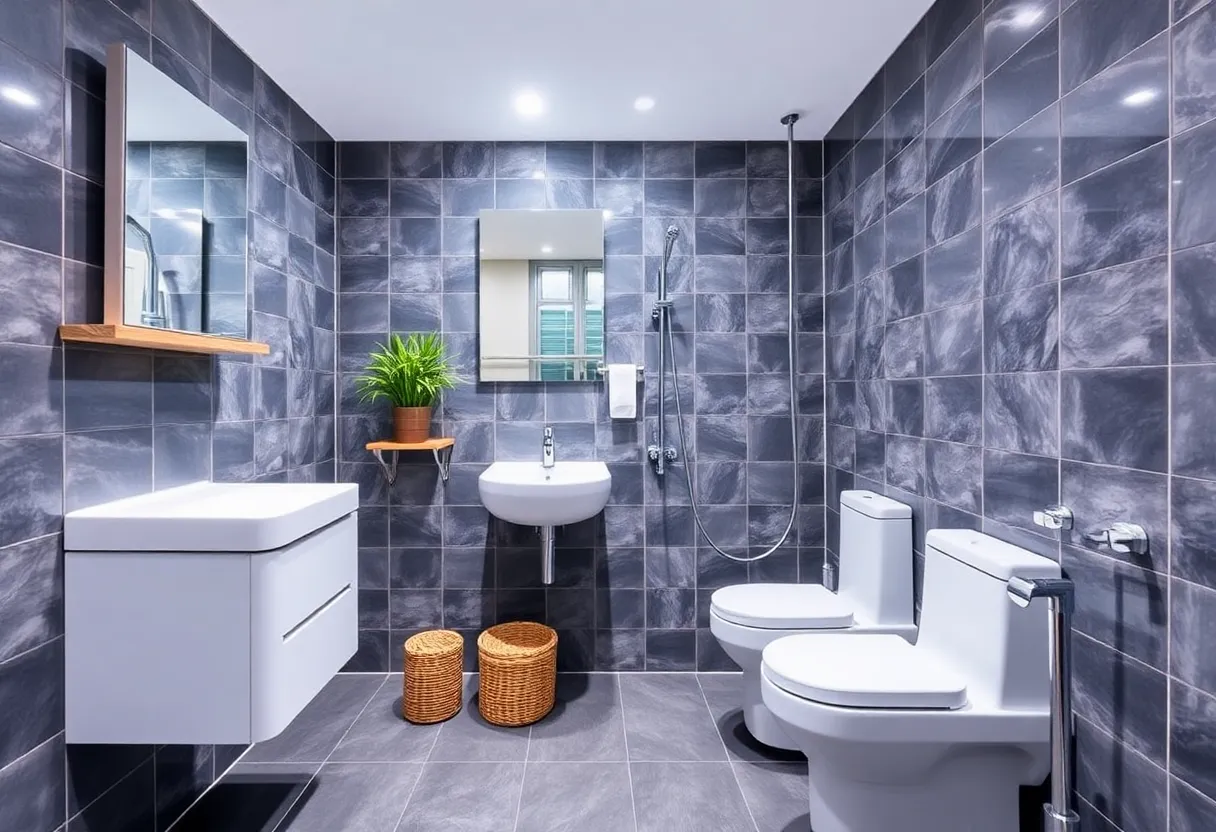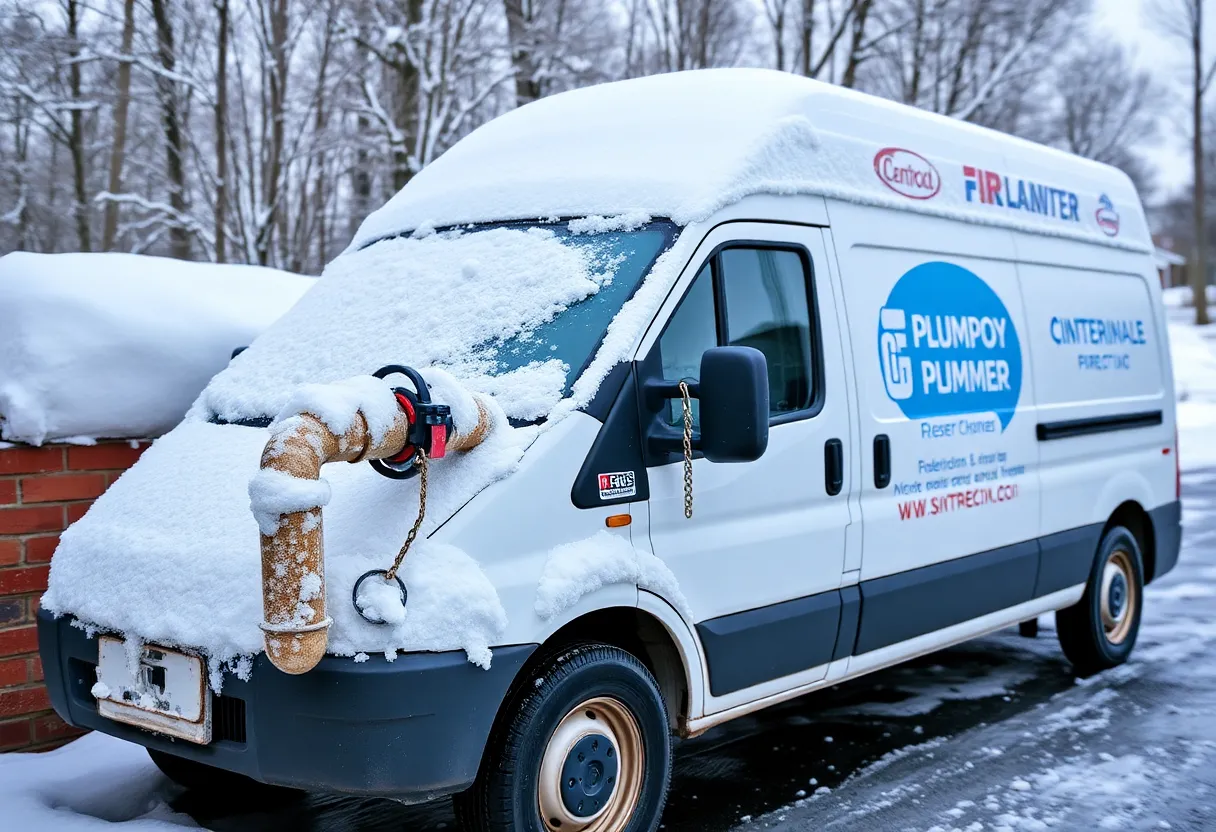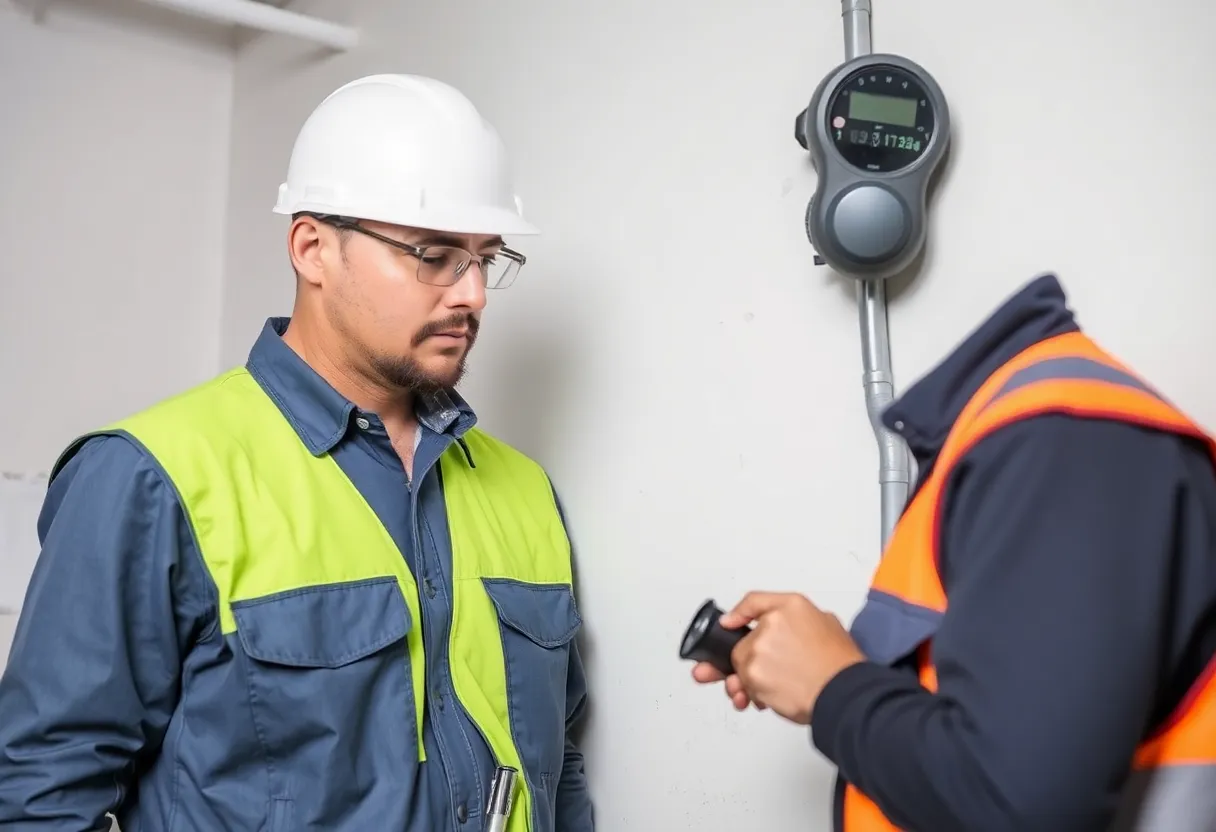The Plumbing Lifesaver: 10 Essential Tips to Prevent Costly Winter Water Damage
As winter approaches, the beauty of the snowy landscape comes with its own set of challenges, especially when it comes to water damage. For homeowners, the thought of frozen pipes, water leaks, and ruptured plumbing systems can cause significant anxiety. Fortunately, there are simple ways to minimize risks and protect your home from the harsh winter elements. Here, we present ten essential tips to help you prevent costly winter water damage.
Understanding Winter Water Damage
Before diving into the preventive measures, it is crucial to understand water damage in winter. When temperatures drop, the water inside your pipes freezes. When frozen water expands, it puts immense pressure on the pipe walls. As a result, pipes can crack or burst, leading to malfunctions that can cause leaks and serious damage to your home.
The Costs of Water Damage
The financial implications of water damage can be staggering. Repairing a burst pipe can cost anywhere from several hundred to several thousand dollars, depending on the extent of the damage and where it occurs. Beyond repairs, water damage can lead to mold growth, increased insurance premiums, and property devaluation. Thus, it is vital to take preventive measures.
1. Insulate Pipes
One of the most effective ways to protect your plumbing system during winter is to insulate your pipes. This involves wrapping pipes in insulation material designed specifically for cold weather. Areas that may be particularly vulnerable include:
- Basements
- Attics
- Garages
- Around exterior walls
By insulating your pipes, you can reduce the risk of freezing and bursting significantly.
2. Leave the Heat On
If you plan to be away from home during the winter months, make sure to leave the heat on at a temperature no lower than 55°F (13°C). This helps maintain a warm environment for pipes, especially those located in unheated spaces.
Smart Thermostats
Consider investing in a smart thermostat that allows you to monitor and adjust your home’s temperature remotely. This way, you can ensure that your home stays warm even when you’re away.
3. Open Cabinet Doors
On particularly cold nights, open the cabinet doors under sinks to allow warm air to circulate around the plumbing. This step is especially important for pipes in exterior walls that might be more susceptible to freezing. Additionally, consider leaving your bathroom and kitchen sink faucets slightly open to allow a slow drip of water; this can help prevent pipes from freezing.
4. Seal Cracks and Openings
Check for cracks and holes around your home’s exterior, particularly near where utility pipes enter. Use caulk or expanding foam to seal these openings to prevent cold drafts that could freeze nearby pipes. Areas to check include:
- Window and door frames
- Foundation cracks
- Places where electrical lines enter
Sealing these gaps can help maintain a consistent indoor temperature and reduce the chances of freezing pipes.
5. Disconnect Hoses
Before winter sets in, make sure to disconnect any garden hoses from outdoor faucets. Not only can this prevent damage to the faucets themselves, but it can also prevent the water inside the hose from freezing and expanding, which can lead to broken pipes. Consider using faucet covers or insulation kits on outdoor faucets as an additional precaution.
6. Keep Garage Doors Closed
If you have water supply lines running through your garage, keep the garage doors closed as much as possible. This simple act can help maintain a stable temperature that prevents the pipes from freezing. If your garage is uninsulated, consider using space heaters on extremely cold nights to keep the area warm.
7. Monitor Your Water Bill
Throughout the winter months, keep a close eye on your water bill. A sudden increase could indicate a leak caused by a burst pipe. Catching the issue early can save you a significant amount in repairs and help prevent major water damage. If you suspect a problem, consult a professional plumber immediately.
8. Install a Smart Leak Detector
Smart leak detectors can offer peace of mind during winter. These devices can be installed near potential problem areas and will alert you to any leaks via your smartphone. Many of these detectors also monitor temperature, providing you with essential data to protect your plumbing system.
9. Maintain Your Heating System
Ensuring your heating system is functioning correctly is essential for preventing water damage. Schedule a maintenance checkup before winter begins to ensure your system is running efficiently. A well-maintained heating system is vital to maintaining consistent indoor temperatures that keep your plumbing safe.
10. Know When to Seek Help
If the temperatures drop significantly or if you notice early signs of trouble, it’s crucial to know when to call in a professional. Signs that require immediate action include:
- Unusual sounds from pipes
- Water stains on walls or ceilings
- Changes in water pressure
Consulting a plumber can provide you with the peace of mind and expert knowledge needed to tackle any potential issues before they escalate.
Conclusion
Winter can be a beautiful season, but it also poses unique challenges for homeowners regarding plumbing. By following these ten essential tips, you can become a plumbing lifesaver and help protect your home from costly winter water damage. Remember, preparation is key, so take the necessary steps to ensure that your plumbing remains safe and sound throughout the winter months. Your home—and your wallet—will thank you.









